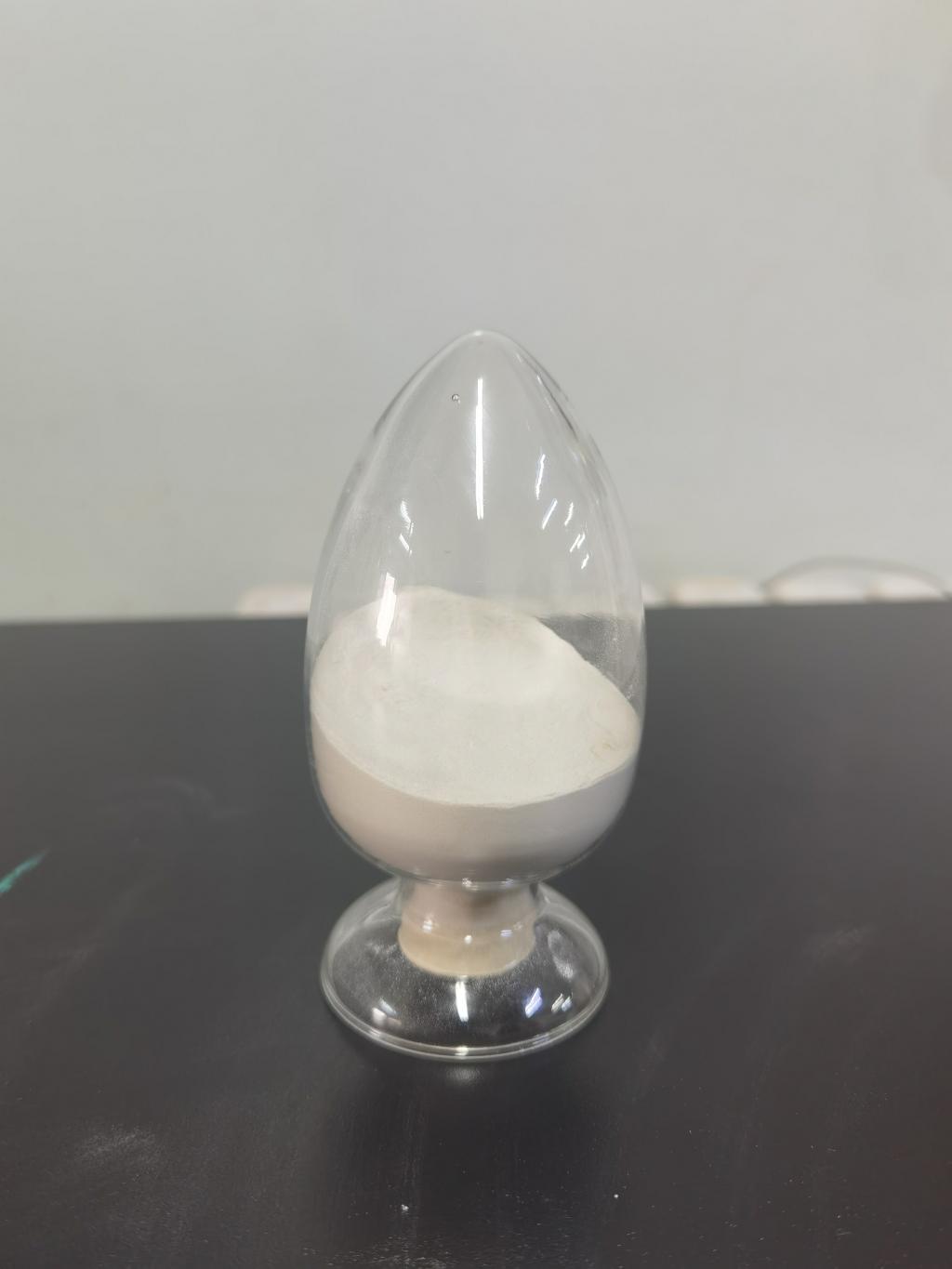Tel:+8618231198596

News
 CONTACT
CONTACT
 CONTACT
CONTACT
- Linkman:Linda Yao
- Tel: +8618231198596
- Email:linda.yao@dcpharma.cn
- Linkman:CHARLES.WANG
- Department:Overseas
- Tel: 0086 0311-85537378 0086 0311-85539701
News
Nisin's Potential Application in Non-Food Industries.
TIME:2023-09-27
Nisin: An Overview
Before delving into its diverse applications, it's essential to understand the key characteristics of nisin:
Antimicrobial Properties: Nisin exhibits potent antimicrobial activity against a broad spectrum of Gram-positive bacteria, including pathogenic strains. It disrupts bacterial cell membranes, leading to cell death.
Safety: Nisin is generally recognized as safe (GRAS) by regulatory agencies, making it suitable for use in various applications.
Stability: Nisin is stable under a wide range of conditions, including heat and pH variations, making it a versatile antimicrobial agent.
Natural Origin: Nisin is a naturally occurring peptide, which aligns with the growing consumer preference for natural and clean-label products.
Potential Applications of Nisin in Non-Food Industries
Pharmaceutical Industry
a. Antibacterial Agents: Nisin's potent antibacterial properties make it a promising candidate for developing novel antibacterial agents. Researchers are exploring its use in combating drug-resistant bacterial infections, such as Methicillin-resistant Staphylococcus aureus (MRSA).
b. Drug Delivery: Nisin nanoparticles are being studied as drug carriers for targeted delivery in pharmaceuticals. Their stability and biocompatibility hold potential for improving the efficacy of various medications.
Cosmetic Industry
a. Preservative: Nisin can serve as a natural preservative in cosmetics and personal care products. It helps prevent the growth of harmful bacteria and molds, extending the shelf life of these products.
b. Acne Treatment: Nisin's antimicrobial properties are explored for use in acne treatment products, where it can inhibit the growth of Propionibacterium acnes, a bacterium associated with acne.
Agricultural Sector
a. Crop Protection: Nisin has demonstrated efficacy in controlling plant pathogens and spoilage microorganisms in agriculture. It can be applied to protect crops from bacterial infections and extend their post-harvest shelf life.
b. Animal Health: Nisin can be used in animal feed to improve animal health by preventing bacterial infections and enhancing overall livestock well-being.
Healthcare Industry
a. Wound Care: Nisin-based wound dressings and coatings are being developed due to their antimicrobial properties. These products can help prevent wound infections and expedite the healing process.
b. Dental Products: Nisin-containing dental products, such as mouthwashes and toothpaste, are being explored for their potential to inhibit the growth of oral bacteria responsible for dental caries and gum disease.
Biotechnology
a. Fermentation: Nisin-producing bacteria are employed in biotechnology processes for the production of peptides and proteins. This approach offers a sustainable and cost-effective means of producing valuable bioactive compounds.
b. Biopreservation: Nisin can be used to control microbial contamination in biotechnology processes, ensuring the integrity and purity of biopharmaceuticals and other bioproducts.
Packaging Materials
a. Antimicrobial Films: Nisin can be incorporated into packaging materials to create antimicrobial films that inhibit bacterial growth on the surface of packaged products. This application is particularly relevant for medical devices and sterile equipment.
Challenges and Considerations
While the potential applications of nisin in non-food industries are promising, several challenges and considerations must be addressed:
Regulatory Approval: Each industry has specific regulatory requirements, and obtaining approval for nisin-based products can be a lengthy and complex process. Regulatory agencies need to evaluate safety, efficacy, and quality standards.
Formulation: The formulation of nisin-based products, such as cosmetics or pharmaceuticals, requires careful consideration of stability, compatibility, and concentration to ensure optimal effectiveness.
Resistance: Over time, bacteria can develop resistance to antimicrobial agents, including nisin. Continuous research is needed to monitor and address resistance issues.
Consumer Perception: Consumer acceptance of nisin-containing products may vary depending on their familiarity with the ingredient and its perceived safety and efficacy.
Conclusion
Nisin's potential applications in non-food industries extend far beyond its traditional use in food preservation. Its natural origin, potent antimicrobial properties, and safety profile make it a versatile ingredient in pharmaceuticals, cosmetics, agriculture, healthcare, biotechnology, and packaging materials. As research continues to uncover new opportunities and address challenges, the incorporation of nisin into non-food products has the potential to revolutionize various industries, offering safer and more sustainable solutions for microbial control and product preservation.
- Tel:+8618231198596
- Whatsapp:18231198596
- Chat With Skype







